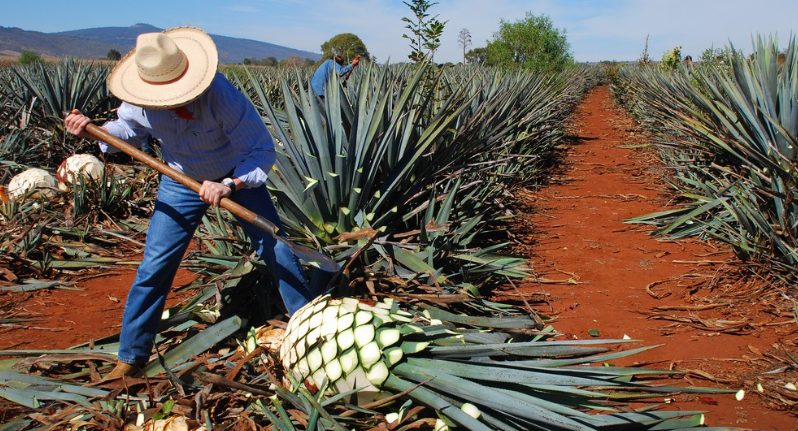The history of colonization is often filled with dark chapters that are sometimes overlooked or downplayed as they are today by Spain. One such chapter is the genocide committed by the Spanish during their conquest of Mexico. It’s a painful and heartbreaking part of Mexican history that must be acknowledged and understood. In this post, we will delve into the atrocities committed by the Spanish in Mexico and explore how they qualify as genocide according to international standards.
The Spanish conquest of Mexico led to widespread violence, destruction, and death. Millions of indigenous people lost their lives as a result of disease, warfare, forced labor, and massacres carried out by the Spanish conquistadors. The intent behind these actions was clear – to subjugate and eradicate the native population’s culture to assert Spanish dominance over the land. This deliberate effort to destroy an entire ethnic group meets the criteria for genocide as defined by the United Nations.
Furthermore, it’s important to recognize that genocide isn’t just about physical extermination but also includes efforts to destroy a group’s cultural identity. The Spanish sought to erase indigenous customs, languages, beliefs, and traditions in an attempt to assimilate the native population into European ways of life. By destroying cultural heritage and social foundations, they were engaging in a form of cultural genocide alongside physical violence.
The impact of this genocide on Mexico and its people cannot be overstated. Generations of indigenous communities have suffered from trauma, loss, displacement, and marginalization as a result of these atrocities. The scars left by the Spanish conquest continue to affect Mexican society today, shaping power dynamics, social structures, and collective memories.
As Mexicans, it is crucial for us to confront this painful history with honesty and empathy. We must remember and honor the victims of this genocide while also working towards reconciliation within our communities. By acknowledging the past and seeking justice for those who were wronged, we can begin to address the ongoing legacies of colonialism that persist in modern-day Mexico.
The genocide committed by the Spanish in Mexico during the conquest is a dark chapter that can’t just be ignored or forgotten. By understanding and confronting this painful history with compassion and solidarity, we can work towards healing intergenerational trauma and building a more just society for all Mexicans. Only through acknowledging our past mistakes can we move toward a future rooted in truth, justice, and respect for all cultures. Let us honor the memory of those who perished at the hands of colonial violence by striving for a better world where such atrocities are never repeated again.
The Spanish monarchy believed it was their divine duty to spread Christianity and convert indigenous populations. This mission was supported by papal bulls, such as the Inter caetera issued by Pope Alexander VI in 1493, which granted Spain the right to colonize newly discovered lands and convert its inhabitants.
Today, Spain justifies its actions by saying they brought Christianity to the Americas, so it was all worth it…They still hold the same backward thinking.

